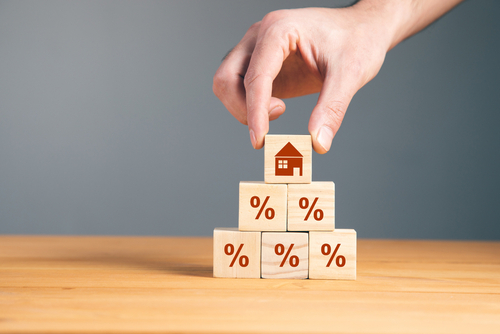
First-time buyers put down larger deposits in January as stamp duty savings put more money into their pockets.
The average first-time buyer deposit was £29,127, up 7% on December and 15% on one year ago.
And the average first-time buyer house-purchase price topped £160,000 for first time on record.
Yet first-time buyer completions fell 19% on a monthly basis, due to a dip in applications over Christmas, according to the latest First Time Buyer Tracker report from estate agents Your Move and Reeds Rains.
Revisions to the stamp duty slab system have cut upfront costs for many first-time buyers, allowing them to divert the savings into a deposit fund.
The average first-time buyer would have been liable for stamp duty fees of around £1,600 under the old system, but this now been reduced to £700, saving £900.
This has driven first-time buyer deposits to an 18-month high and lifted purchase prices to a new record.
New buyers paid an average of £160,304 in January, 12% more than the £143,343 paid one year ago.
First-time buyer purchasing power is also increasing, as wages finally pick up in real terms, the report said.
Despite this, the average loan-to-income ratio for first-time buyers has risen on an annual basis.
On average, deposits now represent 75.4% of a first-time buyer's income, compared to 70.6% a year ago.
Adrian Gill, director of Your Move and Reeds Rains, said: "Wages are starting to recover and inflation has fallen to a record low, meaning buyers have slightly more cash to play with day-to-day.
"And stamp duty fees were slashed for many new buyers when the government reformed the old slab system, freeing up further funds.
"Putting together a deposit to buy a property remains one of the most arduous tasks for prospective home-buyers, and schemes like Help to Buy are essential to allow the swathes of buyers reliant on higher LTV mortgages to get onto the housing ladder."











Comments